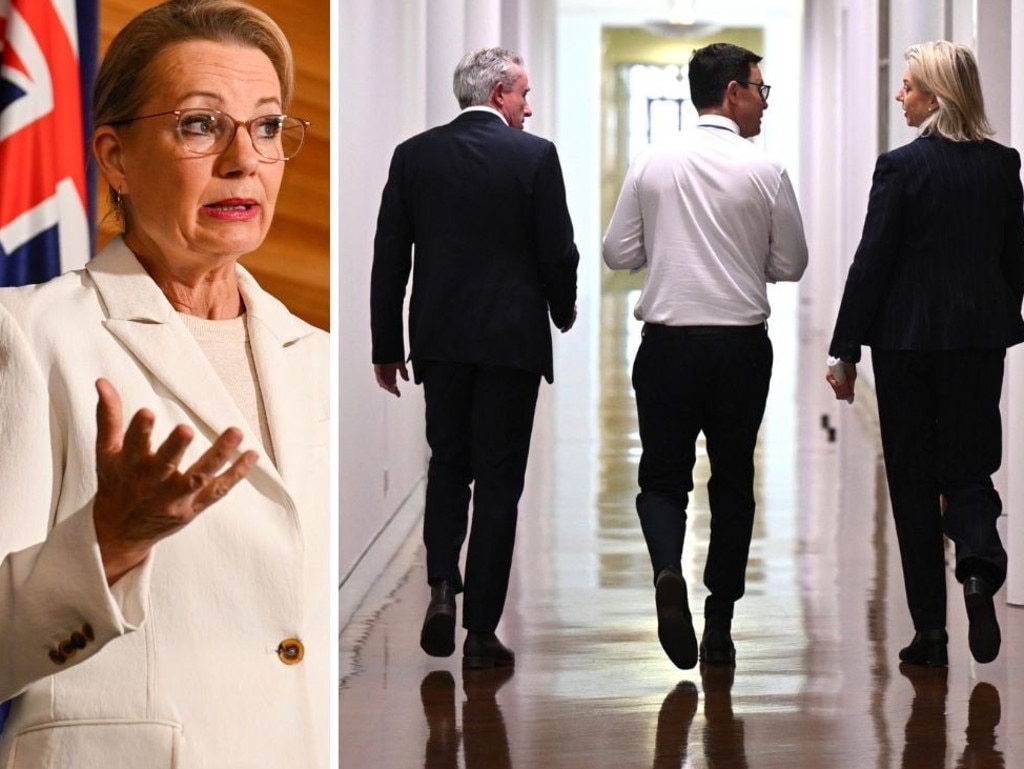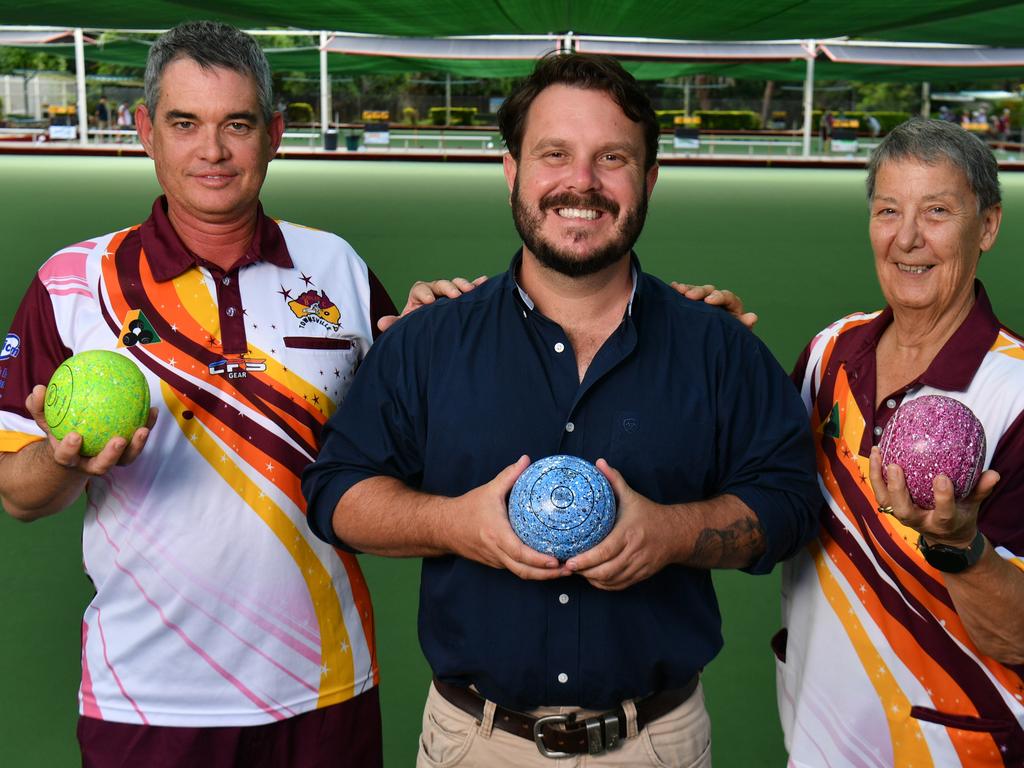Taylor, Tehan and Paterson set for security roles in Ley’s top team
Sussan Ley and David Littleproud have agreed that the Nationals will receive six shadow cabinet spots on a Coalition frontbench that is expected to see Ms Ley’s Liberal rival, Angus Taylor, receive the foreign affairs or defence portfolio.
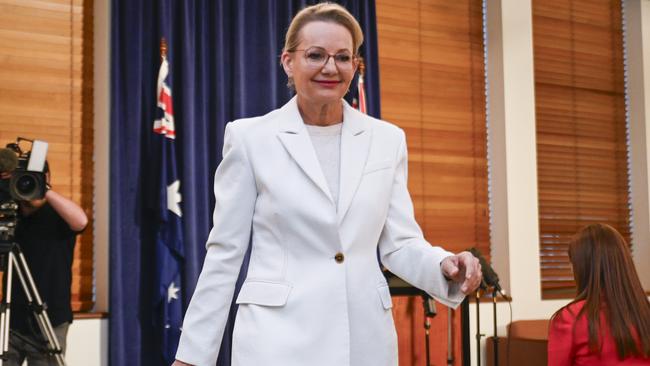
Sussan Ley and David Littleproud have agreed that the Nationals will receive six shadow cabinet spots and two outer ministry positions as part of negotiations on a Coalition frontbench that is expected to see Ms Ley’s Liberal rival, Angus Taylor, receive the foreign affairs or defence portfolio.
After a tumultuous week that resulted in the Liberal and Nationals leaders poised to announce separate ministries as late as Thursday morning, Ms Ley and Mr Littleproud restarted talks on a Coalition agreement at the weekend and are expected to come to a position on the shadow ministry and policies such as nuclear energy in coming days.
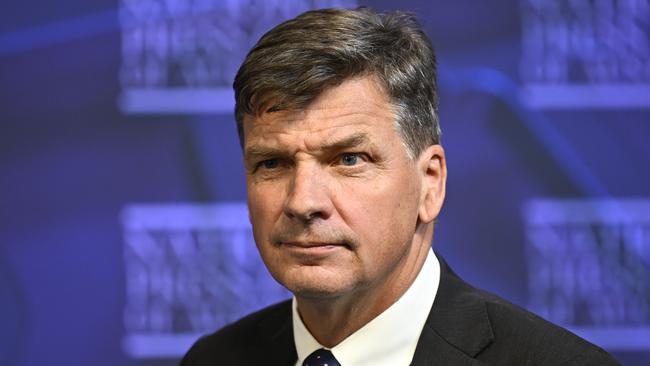
While Ms Ley reached out to former Nationals leaders Michael McCormack and Barnaby Joyce to broker a resolution to the split before Mr Littleproud agreed to renegotiate, neither MP expects to receive a frontbench position thanks to their roles in fuelling Nationals leadership speculation in recent days.
“Barnaby (Joyce) and I will still contribute if you know, we’re not selected in that leadership team. And who knows, we’ll probably be sitting up the back together,” Mr McCormack said.
The unlikely alliance comes after Mr Joyce rolled Mr McCormack as leader in 2021.
Despite suggestions within the Nationals that Mr Littleproud would not remain leader in “the long term” after his decision to split from the Coalition and then backflip on that decision, Mr Littleproud on Sunday said he was “relaxed” about his position.
“The vast majority of my partyroom decided to leave the Coalition. I enacted what was directed,” he said on Sky News.
“We got an outcome over two or three days because of principles over politics … If I have to lose my job for it, I don’t care, but I did what my partyroom said.”
Mr Littleproud’s chosen deputy leader, Kevin Hogan, also sought to brush aside leadership questions.
“He did it all in line with the partyroom’s procedures and processes, and I think they have great respect for that,” he told ABC. “There are always malcontents in any room.”
Nationals and Liberal sources familiar with negotiations over a Coalition said while the question of cabinet spots may have been up for debate before the Coalition nearly split, the matter was now very much settled.
“The Nationals will get six (cabinet) spots and two outer ministries,” one senior Nationals MP said.
The Australian understands Ms Ley had invited Michaelia Cash and Anne Ruston – the Liberals’ leader and deputy leader of the Senate – along with her deputy Ted O’Brien to Canberra on Thursday, before talks on the Coalition were restarted.
Several conservative Liberals raised concern with the position Ms Ley would give Mr Taylor, who lost the battle for Liberal leadership by just four votes and said only the foreign affairs or defence portfolio offered “sufficient” status.
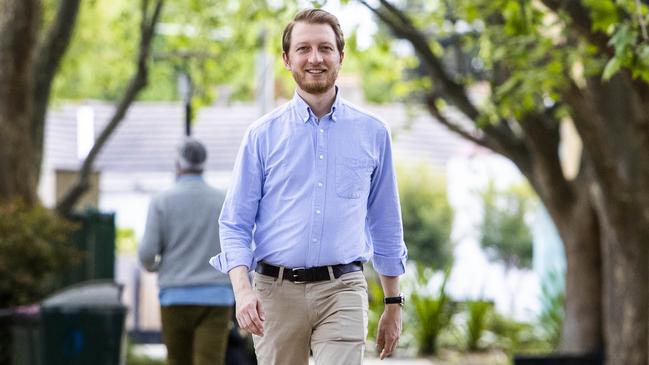
Senior Liberal MP James Paterson is expected to take whichever role Mr Taylor didn’t want; Dan Tehan is predicted to be offered home affairs as a “natural next step” from his former job of immigration spokesman.
Despite Nationals MPs like Bridget McKenzie arguing for the junior party to be given shadow cabinet roles that allowed for a greater say in economic policy, there are no major changes expected to the usual breakup of roles that sees the Nationals take on portfolios such as resources.
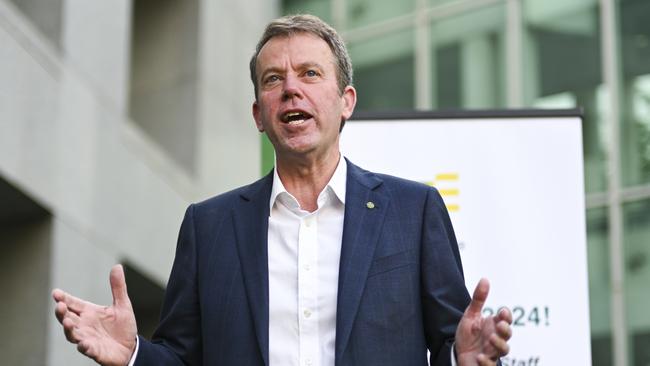
While the Liberal partyroom agreed to Mr Littleproud’s four policy demands, which went to nuclear energy, supermarket divestiture laws, resolving telecommunication black spots and investing in regional Australia, some concerns remain over the issue of nuclear and divestiture in particular.
Liberal senator Andrew Bragg said while the Liberals could agree to a “technology-agnostic” approach to energy policy that left room for nuclear to be explored, there were definitely risks around implementing divestiture laws.
“You wouldn’t want to do anything that was going to damage private investment because it’s on strike under this government,” Senator Bragg told Sky News.


